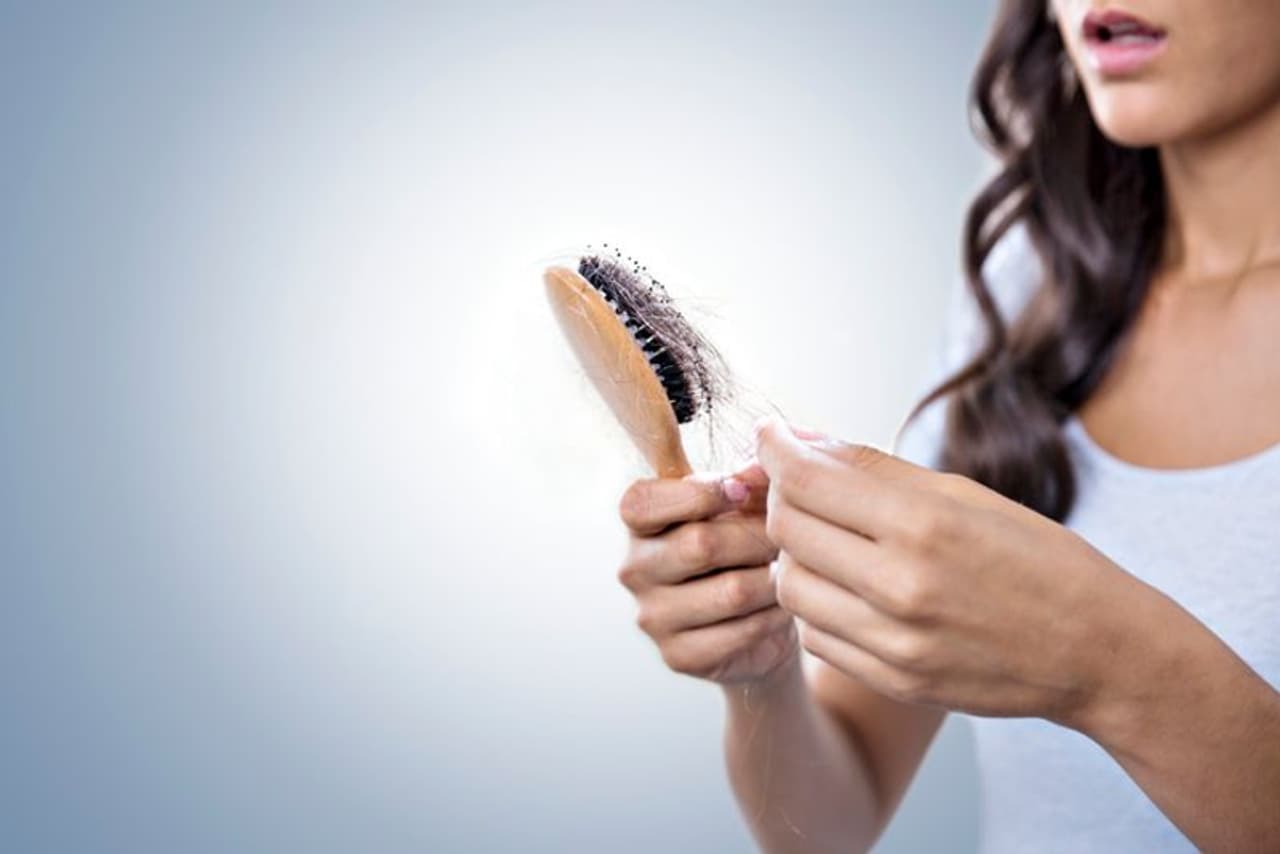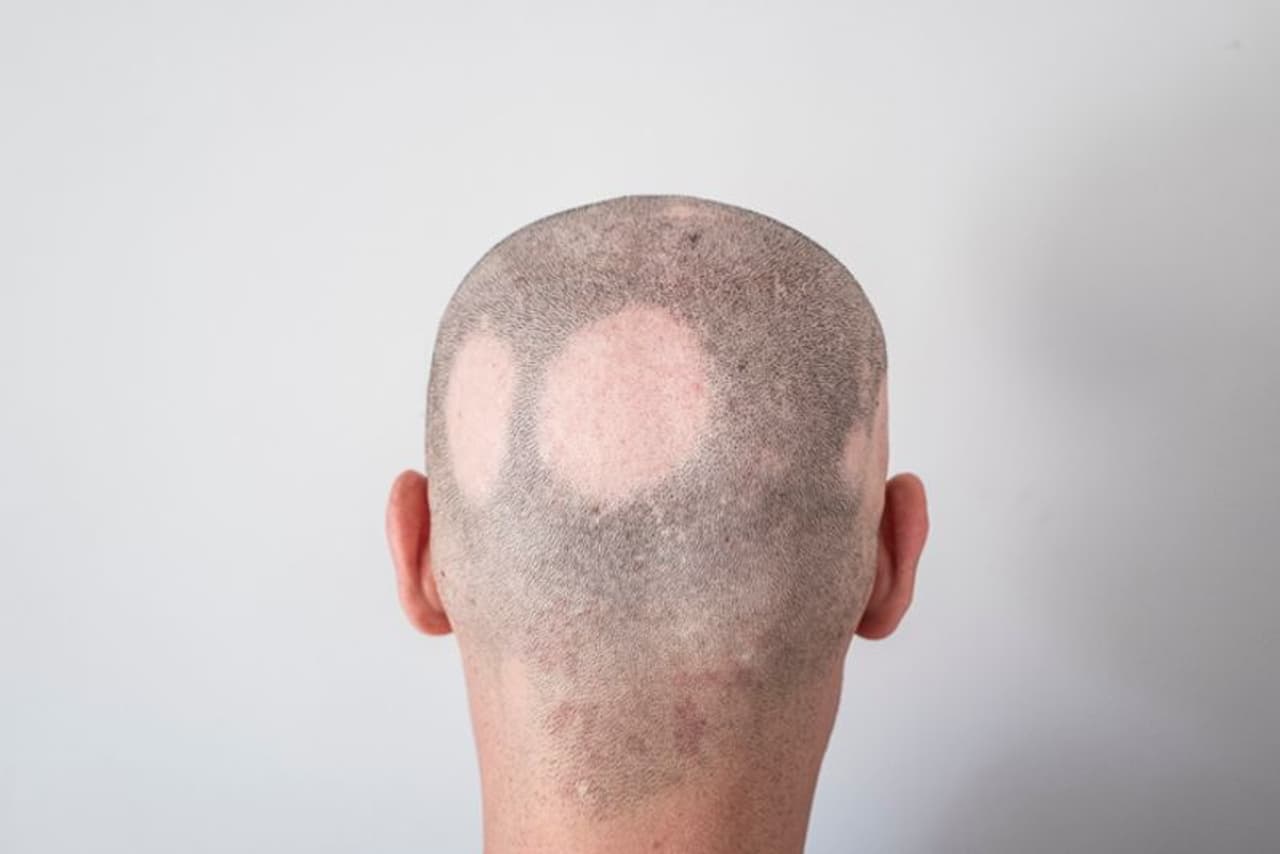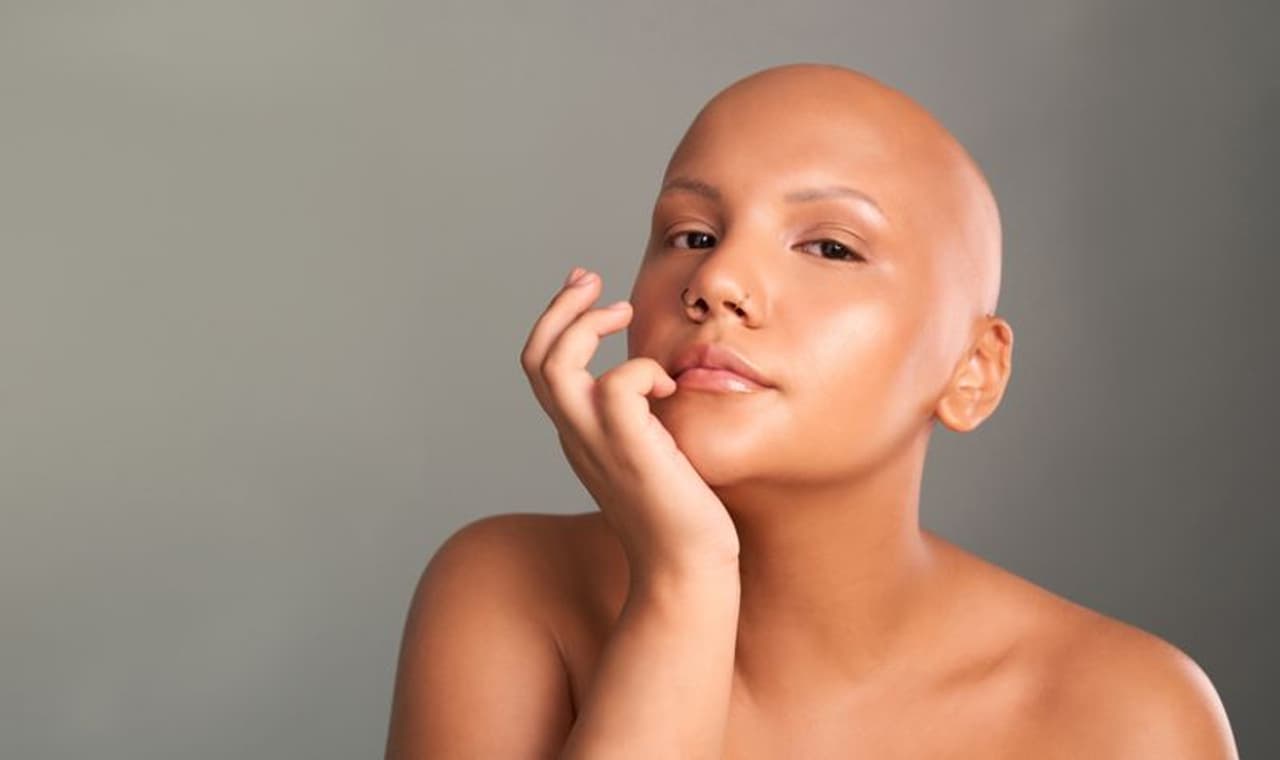Alopecia is a general word for diseases that cause hair loss. Although it is not contagious, it can occasionally be an indication of other health issues. In this article, we shall discuss about some of the diseases you should be wary of.

Some forms of alopecia have links to psychological issues that cause hair pulling in addition to genetic, lifestyle, and environmental variables. Here are 9 types of alopecia and its causes.
Involutional Alopecia: Age-related hair thinning is a natural condition known as involutional alopecia. The surviving hairs get shorter and fewer in number as more hair follicles enter the resting period.

Androgenic Alopecia: A genetic condition called androgenic alopecia can affect both sexes. Male pattern baldness is a condition when men start losing their hair as early as their teens or early 20s. It is characterised by a thinning hairline and a gradual loss of hair on the scalp's front and crown. Female pattern baldness is a condition where women experience hair loss that is not apparent until their 40s or later. Women's scalps generally thin out, with the crown showing the most noticeable hair loss.

Alopecia Areata: Children and young adults with alopecia areata frequently experience patchy hair loss that begins unexpectedly. Alopecia totalis, or total baldness, could be the result of this medical condition. However, in 90% of those who have the condition, the hair grows back after a few years.
Alopecia Universalis: All body hair, including the eyebrows, eyelashes, and pubic hair, sheds due to alopecia universalis.

Trichotillomania: Trichotillomania is a psychological condition in which a person pulls out their own hair. It is most typically found in youngsters.
Telogen Effluvium: Telogen effluvium is a short-term balding of the scalp caused by modifications in the hair's development cycle. When several hairs enter the resting phase at once, the result is hair loss and progressive thinning.
Scarring Alopecia: Permanent hair loss results from alopecia with scarring. Cellulitis, folliculitis, acne, as well as other inflammatory skin problems and other skin diseases like various types of lupus and lichen planus, sometimes leave scars that impair hair regrowth.

Traction alopecia: Permanent hair loss can also be caused by hot combs and hair that is tugged and woven too tightly.
Central centrifugal cicatricial alopecia: Black women tend to have this type the most frequently. This frequently shows up as a gradually growing little bald patch in the middle of the head.

